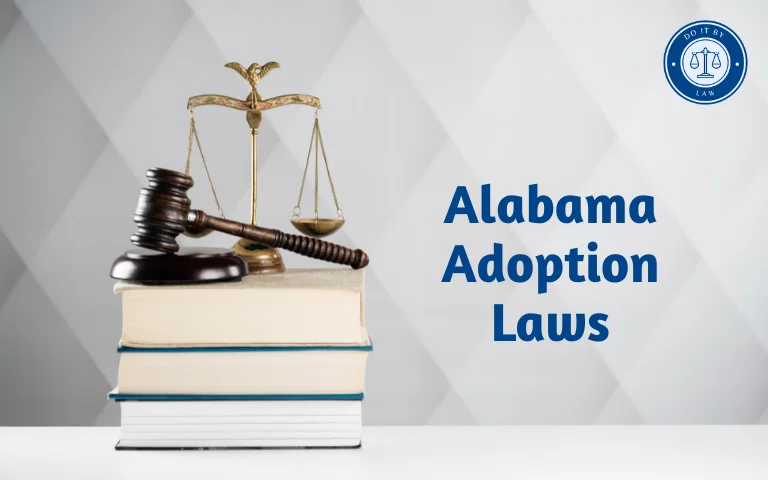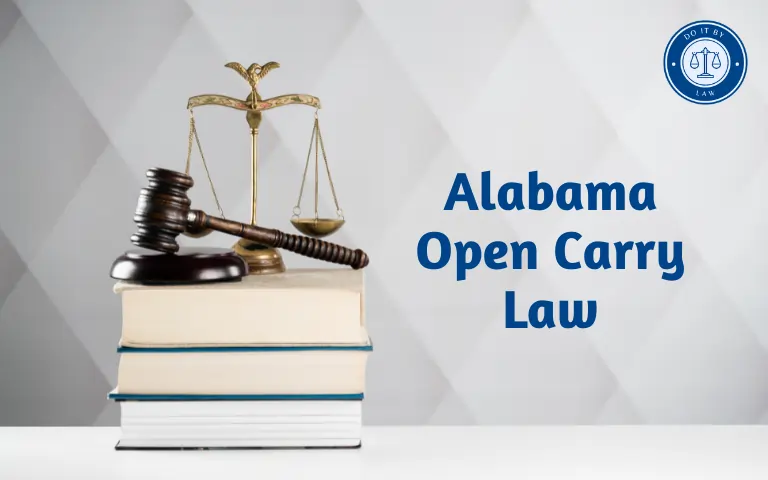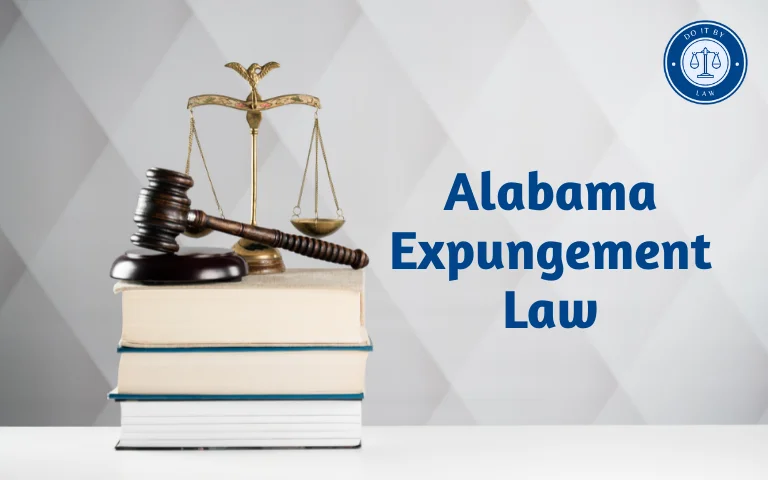Alabama Adoption Laws: What You Need to Know
Adoption in Alabama is governed by various state laws regulating the adoption process and protecting the rights of birth parents, adoptive families, and adopted children. Here is a detailed look at Alabama Adoption Laws and procedures.
When Were Alabama Adoption Laws Enacted?
Alabama first passed general adoption legislation in 1931 after advancing child welfare reforms. Key laws included establishing juvenile courts, regulating child labor, and compulsory education. The Alabama Adoption Code was enacted in 1990 to align with federal standards. It has been periodically updated, with the Alabama Adoption Promotion Act passed in 2022 to facilitate foster care adoptions.
Who Do Alabama Adoption Laws Apply To?
Alabama Adoption Laws cover:
- Prospective adoptive parents residing in Alabama
- Birth parents placing a child for adoption in Alabama
- Alabama children being adopted by non-residents
- Adoption agencies and attorneys facilitating adoptions
- State and county agencies overseeing adoptions
The laws apply whether a traditional, foster care, stepparent, relative or international adoption.
Key Provisions of Alabama Adoption Laws
Some key elements of Alabama adoption laws include:
- Adoption Procedures – Requirements for filings, home studies, consents, surrenders, notifications, and finalization.
- Birth Parent Rights – Limited timeframe for revoking consent and requirements for post-adoption communication agreements.
- Records Access – Sealed records opened at the adoptee’s request at age 19 and birth parent’s at 21.
- Interstate Adoptions – Procedures for cooperating on adoptions between Alabama and other states.
- Subsidies – Assistance for adopting children with special needs from foster care.
- Oversight – The Department of Human Resources regulates licensed agencies and ensures consent policies are followed.
- Birth Father Registry – Unmarried fathers must file a notice to preserve their rights.
Key Alabama Adoption Requirements and Restrictions
Some key adoption requirements and restrictions in Alabama include:
- Home study for adoptive families including background checks, parenting education, and home inspection.
- Birth mother counseling on options and consent requirements.
- Termination of parental rights for birth parents.
- Post-placement supervision period before finalization.
- Birth parent consent revocation is limited to 5 days after the child’s birth.
- Priority on adoptions for foster parents and relatives caring for a child.
- Ban on private adoptions by birth parent retention of custody/visitation.
- Restrictions on adopting a child brought into Alabama solely for adoption.
Penalties for Violating Alabama Adoption Laws
Potential civil and criminal penalties apply for violating Alabama Adoption Laws:
- Financial liability for birth parent living expenses paid in expectation of placement if consent is revoked.
- Restitution and reimbursement of financial compensation if illegal payments were made for adoption consent.
- Civil liability for non-licensed entities engaged in illegal adoption practices.
- Criminal fraud charges for serious adoption misconduct.
- Loss of licensure and agency oversight penalties for adoption procedure violations.
Recent Changes to Alabama Adoption Laws
Some notable recent amendments to Alabama adoption law include:
- Alabama Adoption Promotion Act provides financial incentives to encourage foster care adoptions (2022).
- Allowing virtual visits during the adoption placement period due to the COVID-19 pandemic (2020).
- Expanding access to original birth certificates for adult adoptees (2014).
- Extending adoption assistance to age 21 for children who qualify for SSI disability benefits (2013).
- Easing some restrictions on post-adoption birth parent communication agreements (2012).
Debates and Proposals for Changes to Alabama Adoption Laws
Some ongoing debates related to changing Alabama adoption law further involve:
- Proposals to expand access to original birth records to all adult adoptees.
- Whether to reduce the current 5-day period for unconditional birth parent consent revocation.
- Eliminating the adoption annulment clause based on best interest standard.
- Allowing enforceable open adoption agreements for birth-parent contact.
- Updating procedures for fathers to receive notice and consent/relinquish rights.
- Reforming adoption subsidies to further encourage the adoption of children in foster care.
Conclusion
Alabama adoption law establishes the process for carrying out adoptions and protects the interests of all parties involved. The state strives to balance the rights of birth parents, adoptive families and adopted children through its adoption consent, revocation, confidentiality, and oversight policies. The laws continue evolving to promote adoption, particularly for children in need of permanent homes. Understanding current adoption legal requirements and procedures in Alabama is crucial for prospective adoptive families.







